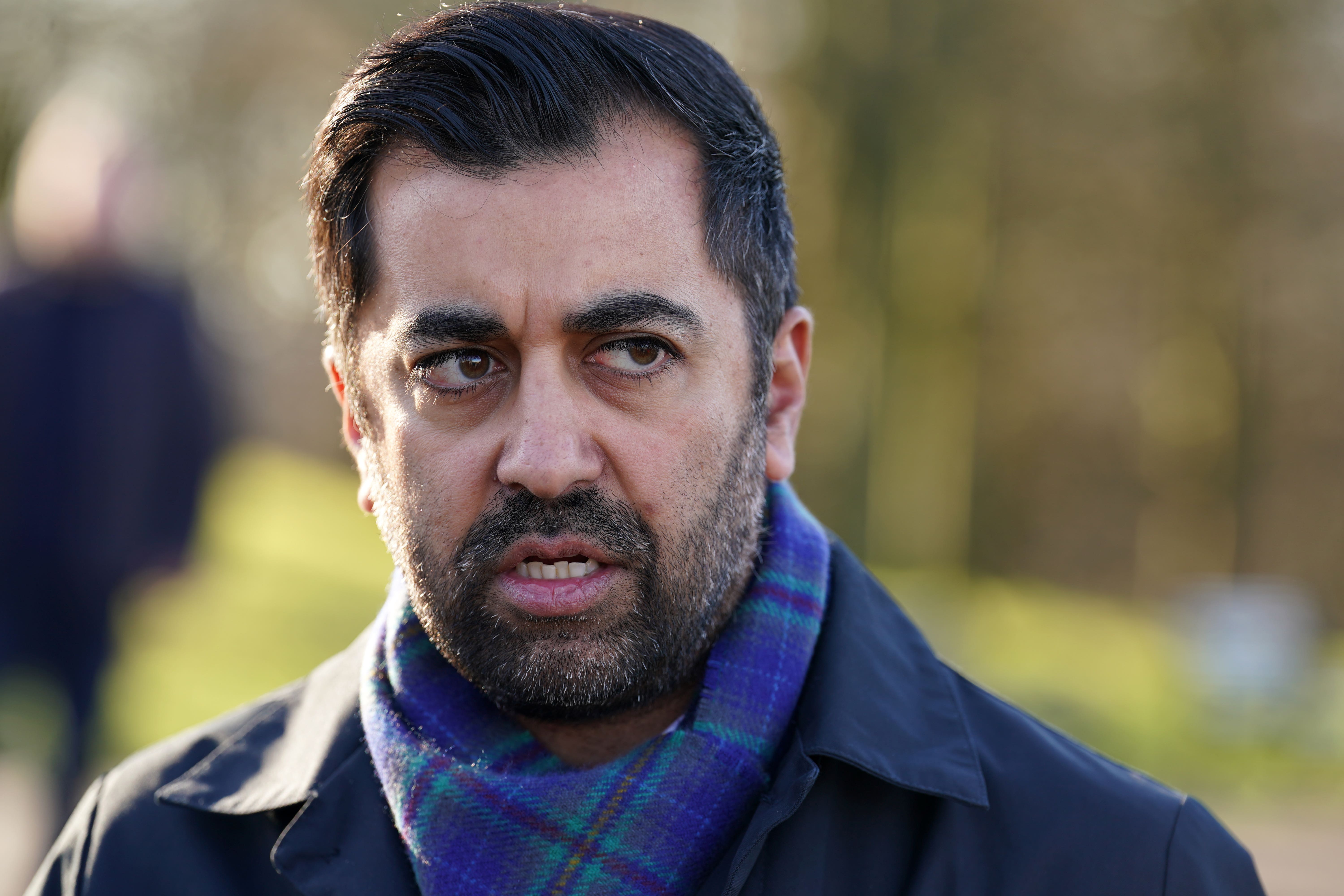‘Bad faith actors’ made vexatious complaints under Hate Crime Act – Yousaf
The Scottish Tories are attempting to repeal the legislation with a debate in Holyrood on Wednesday.

Your support helps us to tell the story
From reproductive rights to climate change to Big Tech, The Independent is on the ground when the story is developing. Whether it's investigating the financials of Elon Musk's pro-Trump PAC or producing our latest documentary, 'The A Word', which shines a light on the American women fighting for reproductive rights, we know how important it is to parse out the facts from the messaging.
At such a critical moment in US history, we need reporters on the ground. Your donation allows us to keep sending journalists to speak to both sides of the story.
The Independent is trusted by Americans across the entire political spectrum. And unlike many other quality news outlets, we choose not to lock Americans out of our reporting and analysis with paywalls. We believe quality journalism should be available to everyone, paid for by those who can afford it.
Your support makes all the difference.Scotland’s First Minister has said “bad faith actors” lodged “vexatious” complaints with police in the first days of the country’s new hate crime laws taking effect.
The Hate Crime and Public Order (Scotland) Act came into force on April 1, sparking a deluge of complaints, with almost 3,500 on the first day, prompting concerns about police being overwhelmed.
By the end of the first week, more than 7,000 complaints had been made online – most of them anonymously – but just 240 hate crimes had been recorded along with 30 non-crime hate incidents.
Speaking to BBC Radio Scotland on Tuesday, First Minister Humza Yousaf said the legislation had been weaponised.
“What we have seen with the introduction of the Hate Crime Act, in the first few days in particular, was a series, I think, of bad faith actors who decided to put in vexatious complaints in order to try to waste police time – which is a pretty serious matter,” he said.
Mr Yousaf added there were almost 7,000 reports of hate crime in the 2021-22 financial year and the new legislation is designed to “safeguard” minorities.
The Act consolidates existing hate crime legislation and creates a new stirring-up offence for some protected characteristics – but opponents have suggested it could have a chilling effect on free speech.
This week, the Scottish Tories will hold a debate in Holyrood pushing for the legislation to be repealed, with the party claiming it is straining police resources.
The SNP and Greens form a majority in Holyrood that would require all opposition parties to vote for the motion and 13 from within their own ranks to rebel, meaning it will most likely fail.
One of the criticisms of the legislation is it does not create a stirring-up offence for the protected characteristic of sex.
Ministers, following engagement with women’s groups, decided to create a standalone misogyny Bill, with the help of Baroness Helena Kennedy KC.
The Bill is yet to be introduced at Holyrood but the First Minister committed to “put some urgency and pace” behind the legislation due to concerns from women.
The misogyny Bill, the First Minister added, would also cover trans women.
“Women and girls will be protected and, of course, trans women will also be protected as well because they will often also be the ones who suffer from threats of rape, for example, or threats of disfigurement,” he said.
Men making such threats to trans women, the First Minister said, may “very simply make that threat because their perception of that person is as a woman, regardless of whether they’re a trans woman or a cisgendered woman”.